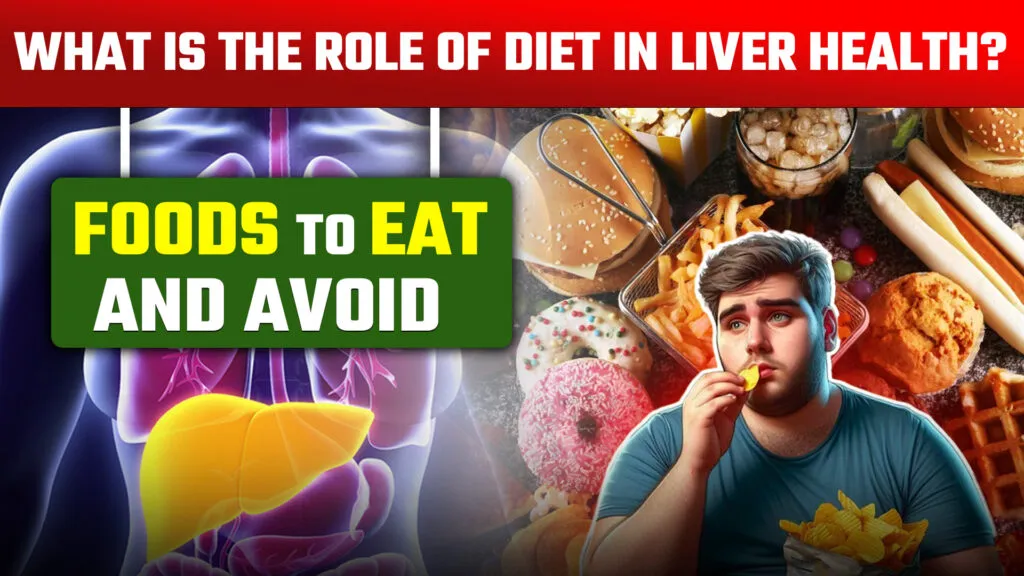Weight loss is a common goal for millions of people worldwide. While many seek it for appearance, the benefits go far beyond looks. Achieving and maintaining a healthy weight improves energy levels, reduces the risk of chronic diseases, and enhances overall quality of life. However, successful weight loss is not about quick fixes or extreme dieting—it is about building habits that last a lifetime.
This article will explain what weight loss really means, why it is important, mistakes people often make, and how to approach it naturally and sustainably.
What Does Weight Loss Mean?
At its core, weight loss happens when the body uses more calories than it consumes. Calories are the energy we get from food and drinks. When you create a calorie deficit—by eating fewer calories, burning more through activity, or both—the body starts using stored fat as fuel.
But true weight loss is not about starving yourself. It’s about improving diet, staying active, and making healthier lifestyle choices that support both the body and mind.
Why is Weight Loss Important?
Carrying excess weight puts stress on almost every part of the body. Healthy weight management provides many benefits, including:
- Stronger Heart Health – Losing weight lowers blood pressure, cholesterol, and the risk of heart disease.
- Better Energy Levels – A lighter body requires less effort to move, making everyday activities easier.
- Joint Relief – Extra weight stresses the knees, hips, and spine. Weight loss reduces this burden.
- Lower Risk of Illness – It decreases the chance of developing diabetes, stroke, and certain cancers.
- Improved Confidence – Reaching weight goals often leads to better self-esteem and mental well-being.

Common Mistakes in Weight Loss
Many people begin their weight loss journey with enthusiasm but struggle to see results. Often, this happens due to avoidable mistakes such as:
- Crash Diets – Extreme calorie cuts can cause rapid weight loss, but they are harmful and unsustainable.
- Skipping Meals – This leads to hunger spikes and overeating later in the day.
- Focusing Only on Exercise – Exercise is important, but diet plays a bigger role in weight control.
- Ignoring Sleep – Poor sleep affects hormones that regulate hunger and fullness.
- Unrealistic Goals – Setting impossible expectations often results in frustration and giving up.
Avoiding these mistakes helps build a healthier and more effective plan.
Healthy and Natural Ways to Lose Weight
The most effective way to lose weight is through consistent, realistic habits that can be maintained long term. Here are some proven methods:
1. Eat Balanced Meals
Choose nutrient-rich foods like vegetables, fruits, lean proteins, whole grains, and healthy fats. These foods provide energy while keeping you satisfied longer.
2. Control Portions
Pay attention to serving sizes. Eating slowly allows the body to recognize when it’s full, reducing overeating.
3. Stay Active
Exercise supports weight loss by burning calories and improving metabolism. Walking, jogging, cycling, swimming, or strength training all help keep the body strong.
4. Drink Plenty of Water
Sometimes thirst is mistaken for hunger. Drinking water before meals helps control appetite and supports digestion.
5. Manage Stress
Stress can trigger cravings for high-calorie foods. Relaxation techniques such as meditation, yoga, or breathing exercises help manage emotional eating.
6. Prioritize Sleep
Quality sleep balances the hormones that regulate hunger. Adults should aim for 7–9 hours each night.
Long-Term Benefits of Healthy Weight Loss
Sustainable weight loss is not just about looking better—it improves overall life quality:
- Reduced risk of chronic diseases
- Improved stamina and endurance
- Clearer thinking and better focus
- Greater confidence and emotional balance
- Longer, healthier lifespan
These benefits show that weight loss is about creating a stronger, healthier future rather than short-term results.
Practical Everyday Tips
- Plan meals ahead to avoid unhealthy food choices.
- Replace sugary drinks with water or unsweetened tea.
- Keep healthy snacks like nuts or fruits nearby.
- Take short breaks during the day to walk or stretch.
- Stay consistent—progress may be slow, but every step counts.
Small, daily changes create powerful long-term results.
Final Thoughts
Weight loss is a journey, not a race. Instead of looking for fast solutions, focus on healthy eating, regular exercise, proper rest, and mindful living. With patience and consistency, anyone can achieve a healthier weight and enjoy the physical and emotional rewards that come with it.
This method provides valuable support in effectively dealing with this issue. Official Website






